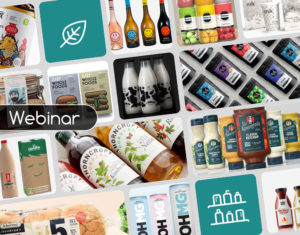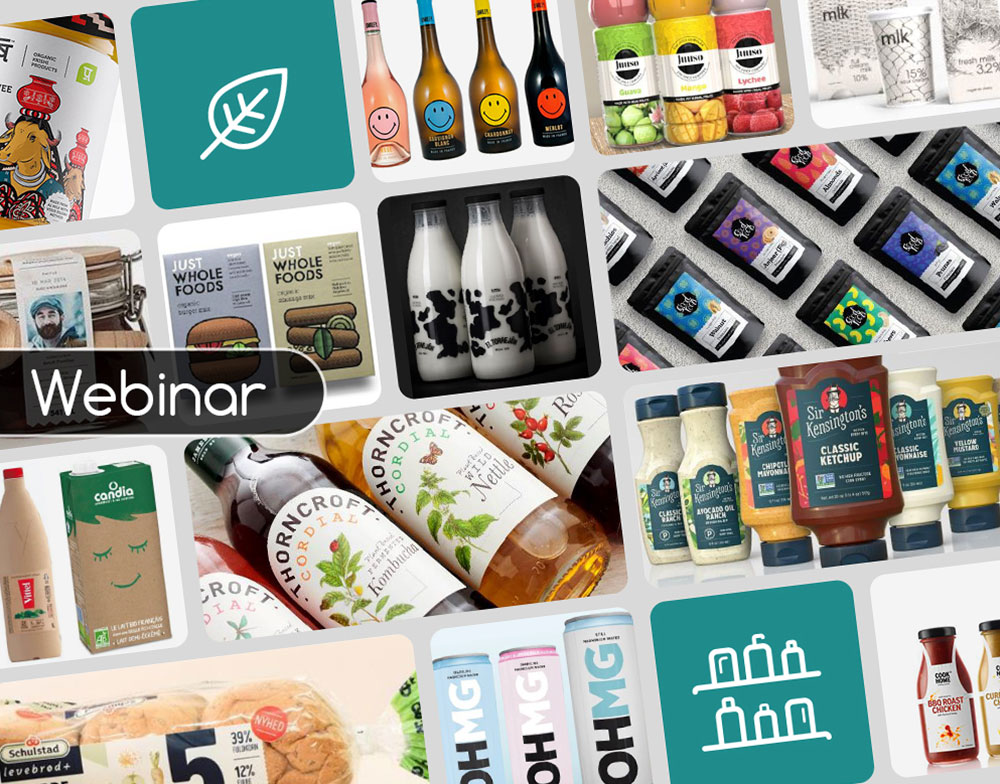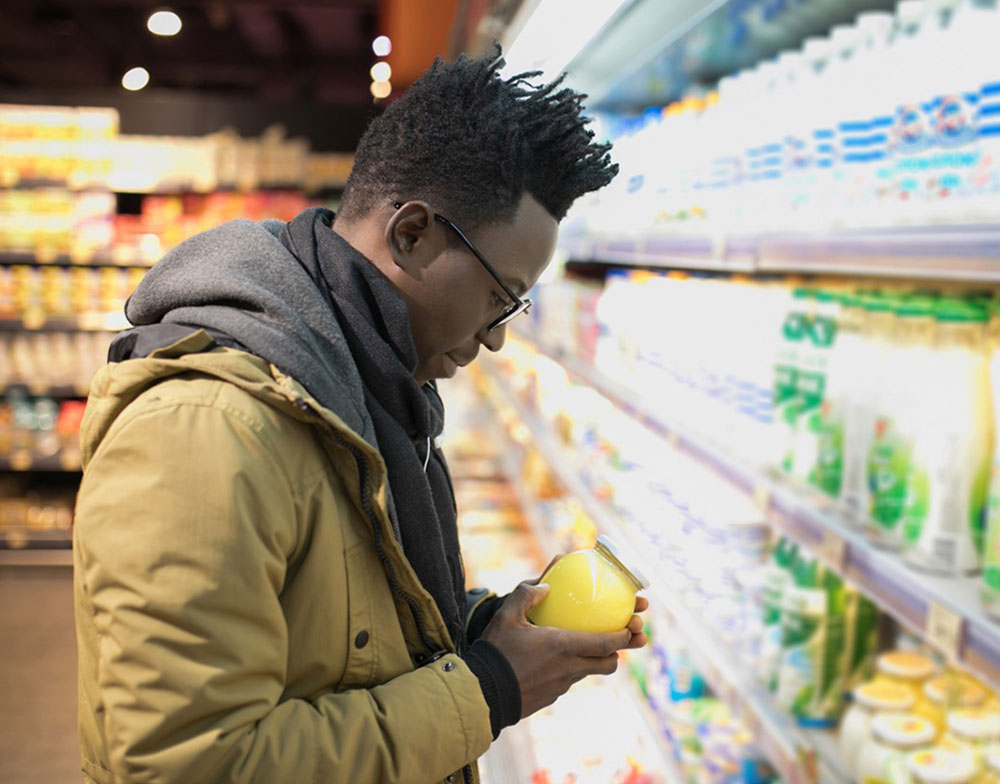The proliferation of labels.
Labels and official or voluntary approaches to guarantee origin, quality, environmental preservation, or other socio-economic aspects are increasingly present on product packaging.
Some of these approaches are supported by public authorities: organic farming, high environmental value, etc.. Others come from associations or independent organisations. All of them are information touchpoints on packaging for consumers. However, we wonder what is the real impact these markings can have on consumers.
High expectations for product guarantees
The expected guarantees on the products can be:
- Origin of the products,
- Respect for the environment,
- Fair wave/compensations for producers or manufacturers
- Naturalness
- Organic.
According to a survey conducted in collaboration with MR News and Solirem in 2021, expectations are focused on:
- The origin of the products and where they are made were expected by 30% of consumers (top box agreement), especially among the over 55s,
- Evidence of commitment (respect for the environment, fair remuneration, responsible production) was also expected by 30% (top box),
- Respect for the health of consumers (30%)
We find here the triptych of sustainability through: human health, ecology and ethics.
Sustainability is expected for food and also for beauty products
These expectations are particularly strong in the food sector, where origin, more responsible production, fair reimbursement for producers and local products are highly expected.
In the beauty and hygiene sector, naturalness, ethics and a healthier approach to product development are expected, although to a lesser extent than for food.
In reality, price and health remain the two main purchasing criteria
Nevertheless, this statement should be analysed in the light of the priorities observed worldwide in a study conducted in 2020 by EY (Ernst & Young).
Concerns are above all oriented to their own personal drivers:
- Purchasing power (budget control)
- Health (purchase of trusted products)
The environmental factors tend to be less important, as well as the social factors (outside of one’s own purchasing power).
And what about Made in France in all this?
Made in France is a guarantee of quality, traceability and transparency. It is also a way to support the local economy, a guarantee of social standards respectful of human (respect of the labour code in particular) and also a way to protect the environment.
The French say they are ready to pay more for Made in France products. But what is it reality?
Our study using the conjoint analysis (CBC) approach, which makes it possible to derive the spontaneous compromises made by individuals (implicit approach), demonstrated that, on average, the French are ready to pay more for French products than for non-European products.
Food products are the main beneficiaries of this preference. It is a little less important for durable goods, although they are still valued.
On average, French products with an origin label can be priced 42% higher than ones without the French origin mentions. Despite higher prices, products with the “Made in France” label maintain the attractiveness.
In conclusion, Franco-French brands have real room to take advantage. They should not hesitate to communicate “Made in France“, a guarantee of quality.
It is necessary to adjust the price, considering the specific needs of individuals for the product categories and targets.
However, beware, in a crisis and inflation situation, price resistance is disturbed. It is therefore necessary to test the consumer’s sensitivity in a changing competitive environment.
Finally, it is also important to be vigilant about “French-washing”: transparency and authenticity are essential. Customs marking can be the target of “name & shame” (this consists in publicly declaring that a company is acting in a wrong way). The “Origine France Garantie” label is the most engaging label but it suffers from a lack of awareness.
The clean label as a reassurance in the food sector.
Consumers resonate with environmental labelling















